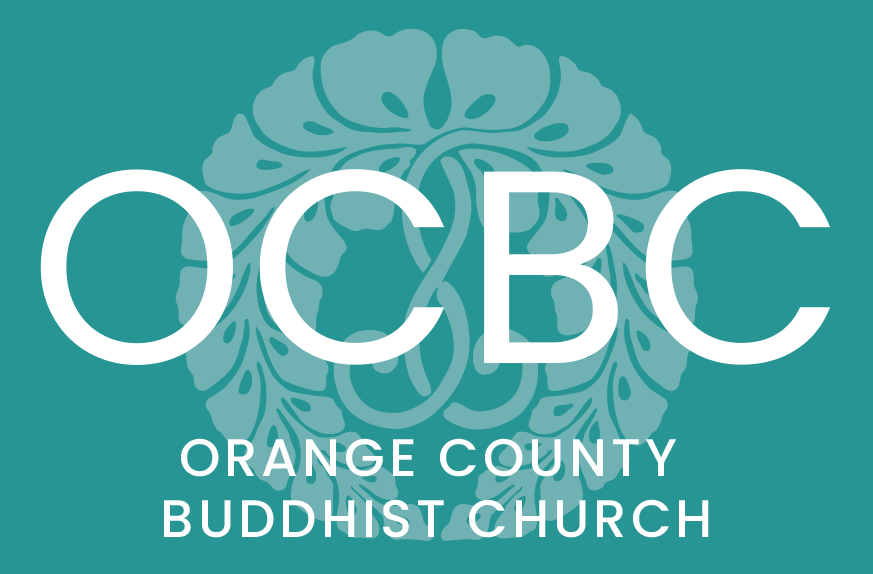I want to hear your “guchi” – Free of Charge!!
Sitting in front of the Kyoto tower in front of Kyoto Station, Ryukoku graduate students in the department of the Practical Shin Buddhist Studies ask people passing by, “I want to hear your ‘guchi’ – Free of Charge!” “Guchi” is a complaint. It is a part of their research since November 2012. There have been 75 sessions where about 1,000 people stopped by, and brought 2,500 complaints in their daily lives. It is called “Guchi Collection,” that has been featured in newspapers, TV news, radio, magazine, and SNS.
The organizer of Guchi Collection mentions that people living in modern society need a safe place to share their dissatisfaction feelings and complaints. “Guchi – complaint” sounds like an abuse or slander that has negative connotation, but it should be positive to recognize and share complaints for one’s betterment.
Many “guchi” have anonymously been uploaded to the site of Hongan Net, where other people can take a look, and sometimes agree to it, or provide advice. In Japan, some people internalize, never make any complaint, and sometimes become mentally weak. Some become heavy drinkers, living in their own closed shell. Guchi are various – I don’t want to go to school; I don’t know which college I should go; I am so worried if I can get a good job; My job is getting crazy and getting overwhelming; My boss is mean or unfair; My family don’t get along, etc. People who stopped by the “Guchi Collection” sometimes say, “I feel slightly better after sharing my ‘guchi.’ Some think it is better to talk to a stranger, rather than burdening friends and family.
Three Rules of “Guchi” Listeners:
Listeners practice deep listening with a cool attitude. Here are three rules:
Listen with empathy.
Just listen without interruption.
Protect private information.
According to my experience, most likely the listener does not need to provide any advice, but just listen patiently. It does not even need to acknowledge or dis-acknowledge. Just creating a safe place to sincerely hear people’s ‘guchi’ is important, and people would feel better or refreshed after expressing their dissatisfaction.
Dissatisfaction – Things don’t go as I wish:
Buddhism tells us that the life is suffering – doesn’t it sound negative? But Buddhism can teach the solution to transform our suffering to a nirvana status with settled mind. When do we feel dissatisfaction? Let me give you a good analogy. Do you use a shopping cart in grocery stores? Sometimes, I get a cart that goes not go straight because of one wheel does not work. I want to go to daily section first, and I try to push the card to that direction, but the cart goes to produce section because of the screwed-up wheel. Should I change the cart? I don’t want to go back and change the cart. So, I tell myself “shō-ga-nai (Oh well, it cannot be helped),” trying to get along with the cart. Things don’t go as I wish – that create dissatisfaction. It is called “duhkha” in Buddhism.
How “duhkha” is created?
The Four Noble Truths lists “Duhkha” as the first truth, and the second truth is “Samudāya” as the cause of suffering which are the major three poisons in kleśa; affliction. They are Greed, Anger, and Stupidity (GAS), possessed by un-enlightened persons. Plus, maybe an attachment as well. Sakyamuni Buddha and his disciples tried to purity those three poisons by various practices and attain satori-enlightenment in the present life. Even some of Mahayana Buddhist traditions such as Zen, Shingon, and Tendai schools pursue the same path.
Our founder Shinran Shōnin (1173-1263) tried the same elite path on Mount Hiei to extinguish his affliction (Jp. 煩悩 bon-nō), but the more he touched the wisdom of light from Amida Buddha, the more he realized that he was getting far away from obtaining Buddhahood. Shinran says, “We, human beings, are full of ignorance and affliction. Our desires are countless, and anger, wrath, jealousy, and envy are overwhelming, arising without pause; to the very last moment of life, they do not cease, or disappear, or exhaust themselves. Foolish beings, when they become mindful of the Vow, are immediately brought to the attainment of birth; this is made the essential purport.” [Notes on Once-Calling and Many-Calling, CWS I, p.488.]
Furthermore, Shinran says in the Shoshinge, “Once we become awakened the Amida’s Dharma of immeasurable wisdom and compassion, all of our doubt toward getting Buddhahood is gone, however we still carry the affliction (Greed, Anger, and Ignorance) until the last moment of life. However, Shinran tells us, “There are not worries because they are not hindrances for obtaining Buddhahood, because the Amida’s deep wishes in primal vow will surely guide everyone to perfect nirvana.” There is a beautiful analogy of Amida’s ship of light and compassion taking ordinary bonbu (凡夫) people to great nirvana of peace and bliss, even while possessing the nature of human beings.
It is a great torch in the long night of ignorance;
Do not sorrow that your eyes of wisdom are dark.
It is a ship on the vast ocean of birth-and-death;
Do not grieve that your obstructions of karmic affliction are heavy.
[Hymns of the Dharma-Age #36, CWS I, p.407]
You are not alone – Join the Sangha:
Shinran’s teaching Jodoshinshu (it is called Shin Buddhism in the West) is for ordinary people like all of us. OCBC Sangha welcomes everyone. You are a part of a dynamic sangha and will feel connected. You are not alone. We all ride on Amida’s ship and share the journey together.
Namo Amida Butsu
Rev. Dr. Mutsumi Wondra


